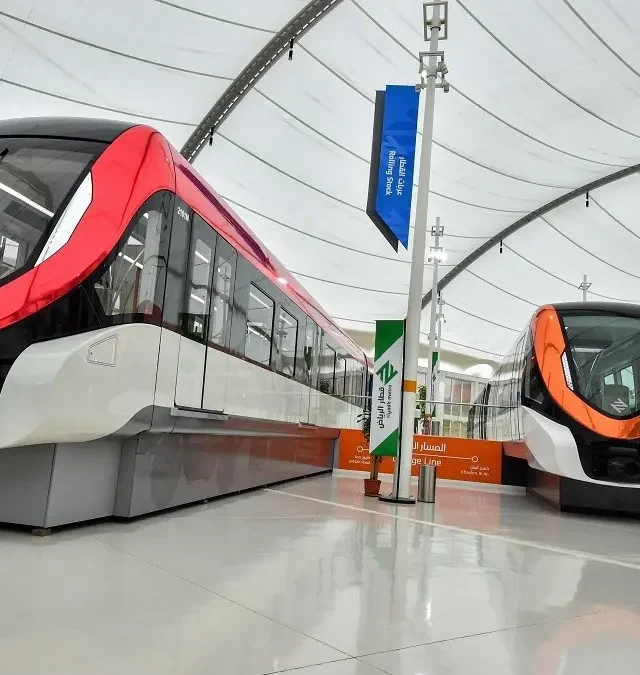As nations globally strive towards a more sustainable future, Saudi Arabia is spearheading efforts to revolutionize its transportation sector through the adoption of sustainable transport strategies. This initiative is in line with the Kingdom’s Vision 2030, which emphasizes economic diversification, technological innovation, and environmental sustainability. The push for sustainable transport strategies in Saudi marks a significant pivot from traditional transportation modes to greener, more efficient systems. This comprehensive analysis explores the transformation of Saudi Arabia’s transport sector, highlighting the integration of sustainable practices that aim to reduce carbon emissions, enhance energy efficiency, and promote a healthier environment.
Sustainable Transport Strategies in Saudi Arabia
Saudi Arabia’s commitment to transforming its transport sector involves a multifaceted approach, encompassing the adoption of electric vehicles (EVs), the development of public transportation systems, and the promotion of non-motorized transport. These strategies are designed to mitigate environmental impact, reduce dependence on fossil fuels, and improve urban mobility.
Electrification of the Vehicle Fleet: Central to Saudi’s sustainable transport strategy is the electrification of its vehicle fleet. This involves significant investment in EV infrastructure, including charging stations and incentives for EV purchases, to encourage a shift away from petrol and diesel vehicles.
Expansion of Public Transportation: The Kingdom is investing heavily in public transport projects, such as the Riyadh Metro and the Jeddah Public Transport Project, to offer efficient, low-carbon alternatives to private vehicle use.
Promotion of Non-Motorized Transport: Encouraging walking and cycling through the development of pedestrian-friendly zones and dedicated bike lanes aims to reduce urban traffic congestion and promote healthier lifestyles.
Challenges to Implementing Sustainable Transport
While the transition towards sustainable transportation offers numerous benefits, it also presents several challenges:
- Infrastructure Development: Building the necessary infrastructure for EVs and public transport systems requires substantial investment and strategic planning.
- Behavioral Change: Encouraging the public to adopt new transport modes and habits entails overcoming cultural preferences for private vehicle ownership.
- Technological Advancement: Keeping pace with rapid advancements in transport technology demands ongoing investment in research and development.
Government Initiatives and Policy Support
The Saudi government is actively supporting the transition to sustainable transportation through various initiatives and policies:
- Regulatory Frameworks: Implementing regulations that favor sustainable transport options, such as emissions standards and urban planning guidelines.
- Financial Incentives: Offering subsidies and tax incentives to encourage the adoption of EVs and investment in sustainable transport infrastructure.
- Public Awareness Campaigns: Raising awareness about the environmental and health benefits of sustainable transport options.
The Future of Sustainable Transport in Saudi Arabia
The future of transportation in Saudi Arabia is intrinsically linked to the principles of sustainability and innovation. As the Kingdom continues to implement its Vision 2030 objectives, the transport sector is poised for a significant transformation. The adoption of sustainable transport strategies is expected to lead to a cleaner, more efficient, and more environmentally friendly transportation ecosystem.
Conclusion
The shift towards sustainable transport in Saudi Arabia represents a critical component of the Kingdom’s broader sustainability and modernization efforts. By integrating electric mobility, enhancing public transportation, and promoting non-motorized transport, Saudi Arabia is setting a benchmark for sustainable transport in the region. As the Kingdom advances on its path to sustainability, the continued evolution of its transport sector will play a pivotal role in achieving its environmental objectives, reducing carbon emissions, and improving the quality of life for its citizens.




